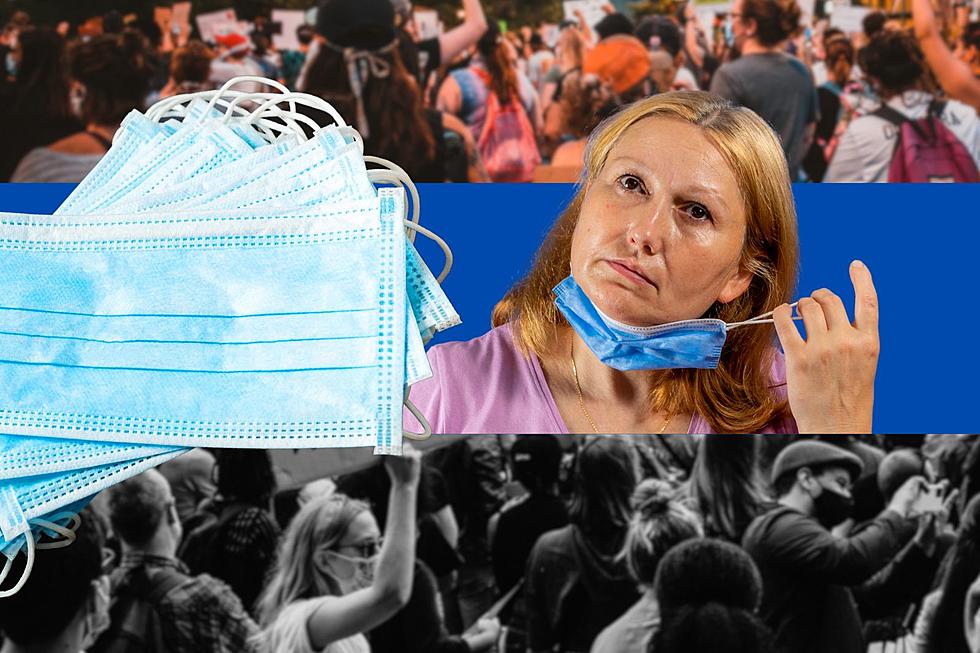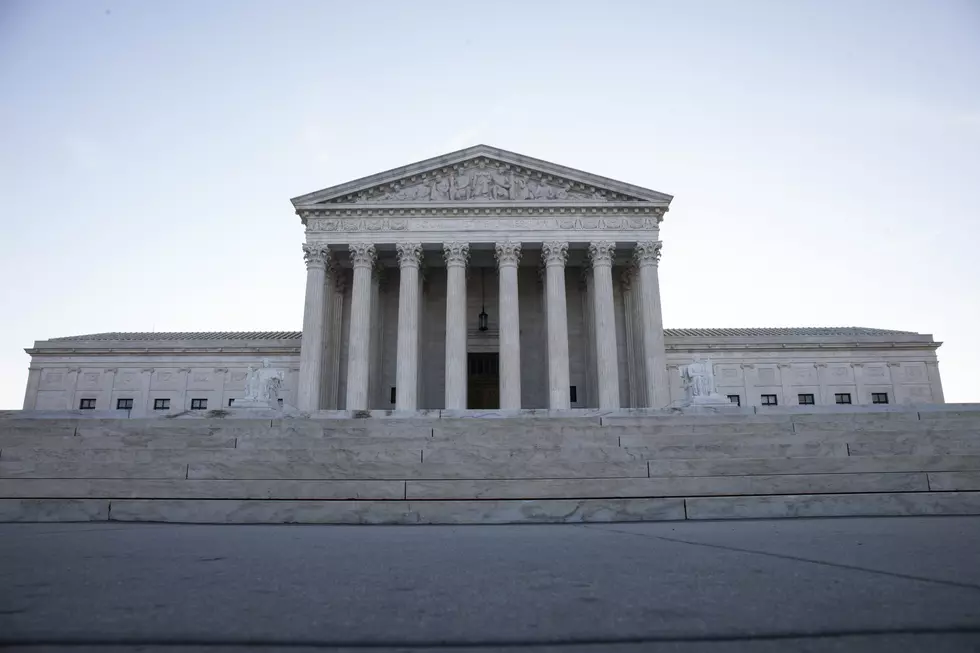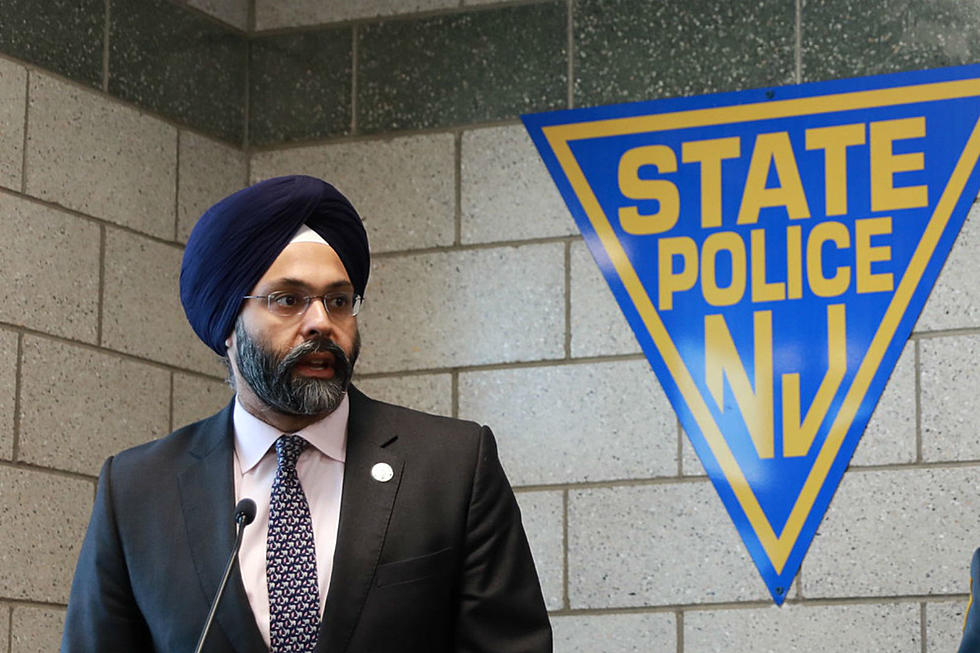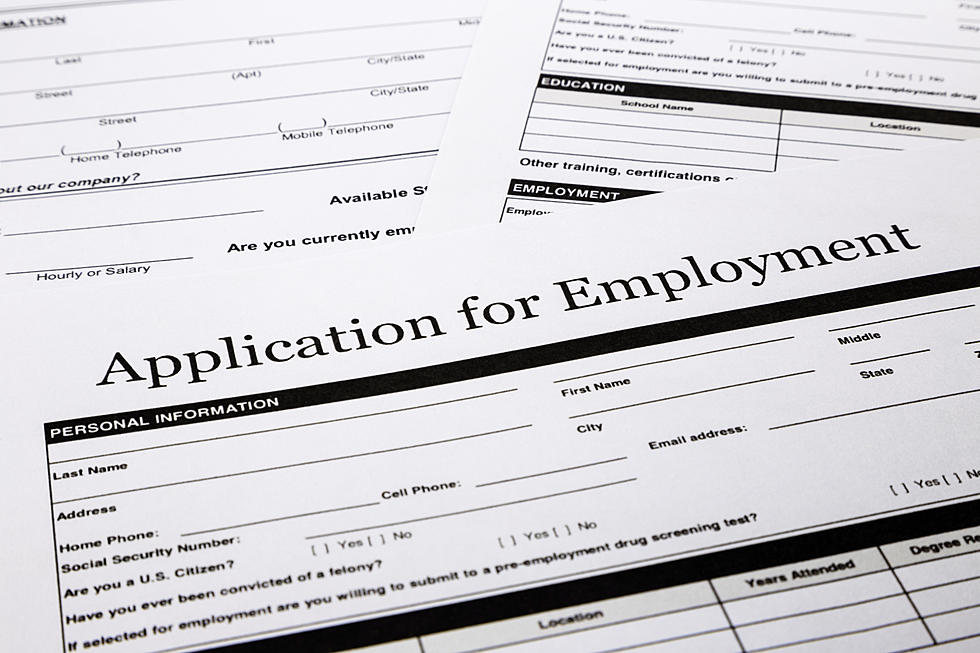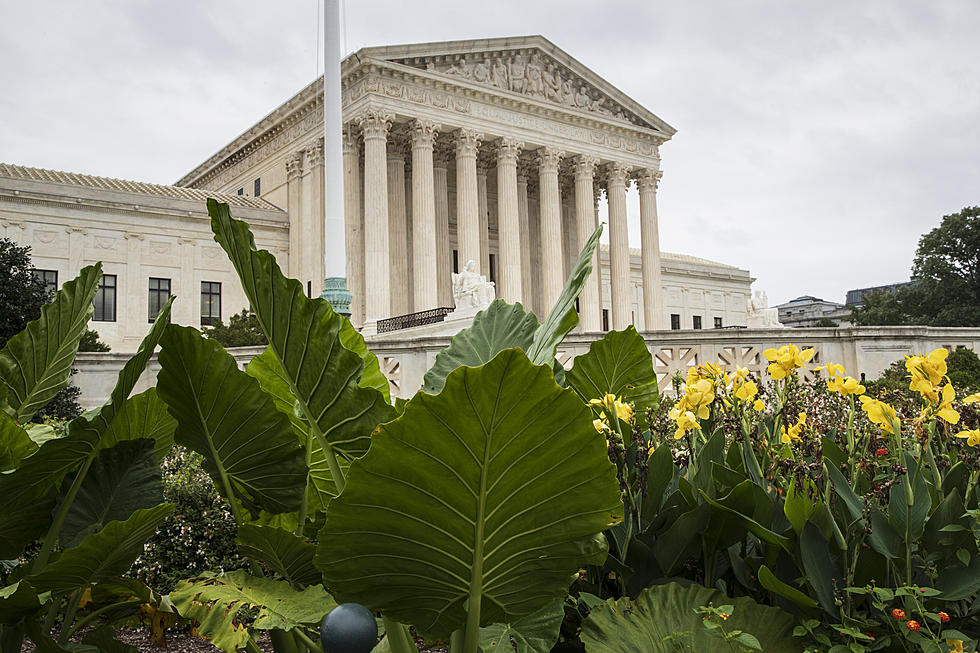
Immigration deadlock reprises Obama’s battle with the court
By deadlocking on President Barack Obama's immigration program, the Supreme Court not only scuttled a policy the White House hoped would be a cornerstone of the president's legacy -- it added another chapter to Obama's turbulent history with the court and delivered a reminder that there's more to come.
In Obama's final seven months in office, the federal courts will weigh in on several key pieces of his remaining agenda -- including environmental regulations. The court has twice saved Obama's signature health care law from becoming his signature failure.
The president has heralded the court's decision on gay marriage, and personally dressed down justices for a decision on campaign finance laws.
And in a remarkable, perhaps fitting twist, the court has become the subject of one of Obama's last major battles with Congress: Thursday's 4-4 tie was due to the unexpected death of Justice Antonin Scalia and the Republican-led Senate's refusal to consider confirming Merrick Garland, Obama's choice as a replacement.
Obama is hardly the first president to ride this sort of judicial roller coaster. Most presidents learn quickly the Supreme Court can turn from friend to foe with just a few swift sentences. (Thursday's 4-4 tie came with a mere nine words.) But experts say Obama's relationship with the court is the result of a confluence of trends -- including the growing power and politicization of the court, state and local officials increasingly turning to federal courts to challenge federal laws, and Obama's decision to use executive authority on issues when he couldn't find consensus with Congress.
"I think the court now has become a much more integral part of any president's legacy -- not just in how presidents shape the courts, but how they transcend them," said Michael Gerhardt, a constitutional law professor at the University of North Carolina School of Law.
"It's about how they make sure the courts support the things they're doing that will end up lasting long after they're in office."
Obama's attempt at changing immigration policy was dealt a major blow Thursday. The Supreme Court's tie indefinitely froze his plans to temporarily stop the deportation for up to 4 million people living in the U.S. illegally. Without a majority decision, the court let stand the decision by the 5th Circuit Court of Appeals, which sided with Texas and two dozen other states in deciding that the administration had no authority to grant the status and blocking its implementation.
The high court's move on immigration came barely a day after a federal judge ruled against Obama's rules on hydraulic fracturing for natural gas on public lands. The judge in Wyoming said that Obama had exceeded the authority granted to him by Congress. The case is also being reviewed by an appellate court.
Obama's clashes with the federal courts have also threatened to upend his most significant actions to fight climate change. In February, the Supreme Court put Obama's sweeping greenhouse gas limits for power plants on hold until a lower court renders judgment on a challenge filed by roughly two dozen states, mostly run by Republicans.
That case is expected to be appealed to the Supreme Court.
A final ruling against Obama would severely impede his ability to meet the ambitious emissions-cutting target the U.S. set under the global climate deal struck last year in Paris. Not only would that be embarrassing for Obama, who twisted elbows to get other countries to join the Paris deal, it could also jeopardize the whole agreement if other countries use U.S. equivocation as an excuse to bow out.
Although the White House argues it can meet the goal with or without the power plant rules due to other policies and market forces, many experts are skeptical.
On immigration, like other battles, Republicans accused Obama of executive overreach and called Thursday's ruling a vindication.
"The immigration problem needs to be solved, but this problem needs to be solved by Congress through the legislative process," said Sen. Jeff Flake, R-Ariz.
But Obama made clear he believed that the unusual outcome was a result of the Republican decision to block Garland's confirmation while leaving the seat vacant.
"Republicans in Congress currently are willfully preventing the Supreme Court from being fully staffed and functioning as our founders intended," Obama told reporters. "And today's situation underscores the degree to which the court is not able to function the way it's supposed to."
(Copyright 2016 The Associated Press. All rights reserved. This material may not be published, broadcast, rewritten or redistributed)
More From New Jersey 101.5 FM
